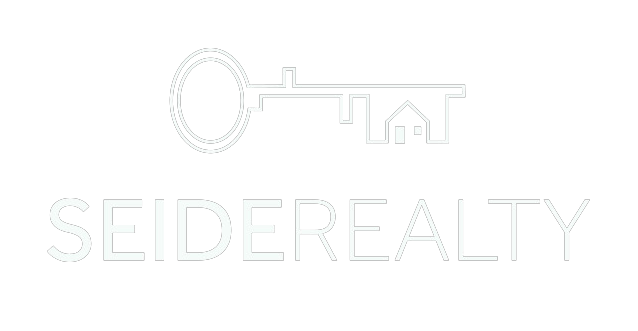Many people are having trouble making ends meet right now, so looking for ways to cut expenses is a natural step. One of the largest household expenses is the mortgage, and now that interest rates are at historical lows refinancing is a very good option for many people.
With the Federal Reserve cutting interest rates we are seeing the lowest interest rates for home loans in many, many years. There is a great opportunity to reduce your monthly mortgage payments. You could save a lot of money, maybe tens of thousands of dollars by the time your new loan is paid off. With rates possibly dipping lower many people should consider refinancing as part of a sound economic plan, but keep an eye out for some pitfalls that can cost you more money than you expect!
Here is a quick calculator from bankrate.com to estimate savings.
What does it mean to refinance?
Anyone with a home loan understands that they borrowed money to buy their home and they are slowly chipping away at that debit with each monthly payment, and paying interest. If you pay off the original loan by taking out a new loan on the same house, you have refinanced your home.
What are the benefits?
There are many reasons for someone to consider refinancing their home. Right now many people are trying to take advantage of lower interest rates to get lower monthly payments. Other benefits of refinancing a loan include consolidating debts, controlling interest sources for tax advantage, cashing out home equity, shortening the term of the loan, or changing from an ARM or other variable rate loan to a fixed rate loan.
What’s the catch?
- Make sure you are getting a better deal than you already have. It’s possible that you have other issues that would cause you to end up with a higher rate or other fees that make it not worth while.
- Make sure you come out ahead. Even with a lower interest rate it may be more expensive for you to refinance. There are costs associated with taking out a loan – application fees, county filing fees, survey, appraisal, bank fees. If you aren’t going to keep the home long enough to recover your costs then you probably shouldn’t refinance. The bottom of this calculator from bankrate.com shows how many months it would take to recover the estimated costs. If you don’t own the home longer than that you may not be coming out ahead.
- Make sure your lender gives you a quote in writing. Watch out for extra fees when you sign the final paperwork.
- Get quotes from the competition.
- Ask the person who gave you the quote what all the charges mean. Many banks use different names for the same charges, or they break the fees up into different categories and it ends up being hard to compare their fees.
- Ask if you can include the closing costs in the new loan. You may not need to pay anything out of pocket. Make sure you know if this affects your rates or fees.
- Take the time to read what you are signing and make sure you understand it. This will take hours but it is worth your time. Remember – You already have a home and a loan and you are not stuck with what they hand you. If you get to closing and the terms have changed don’t be afraid to walk away.
- Look into the future. I know that is impossible, but you can check out what rates are expected to do in the near future. As I sit here writing there is an expectation that rates will go down further, so I’d wait at the moment to see how much better a deal I can get.
- Compare the advantage of paying down your current loan vs. paying the refinance closing costs. How much do you save over the life of your loan by sending a check to your lender today for what it will cost you to refinance? How much do you save on the refinance? If you are very close to paying off your loan you may not have that much to gain, and the risk may not be worth the possible reward.
Other resources:
